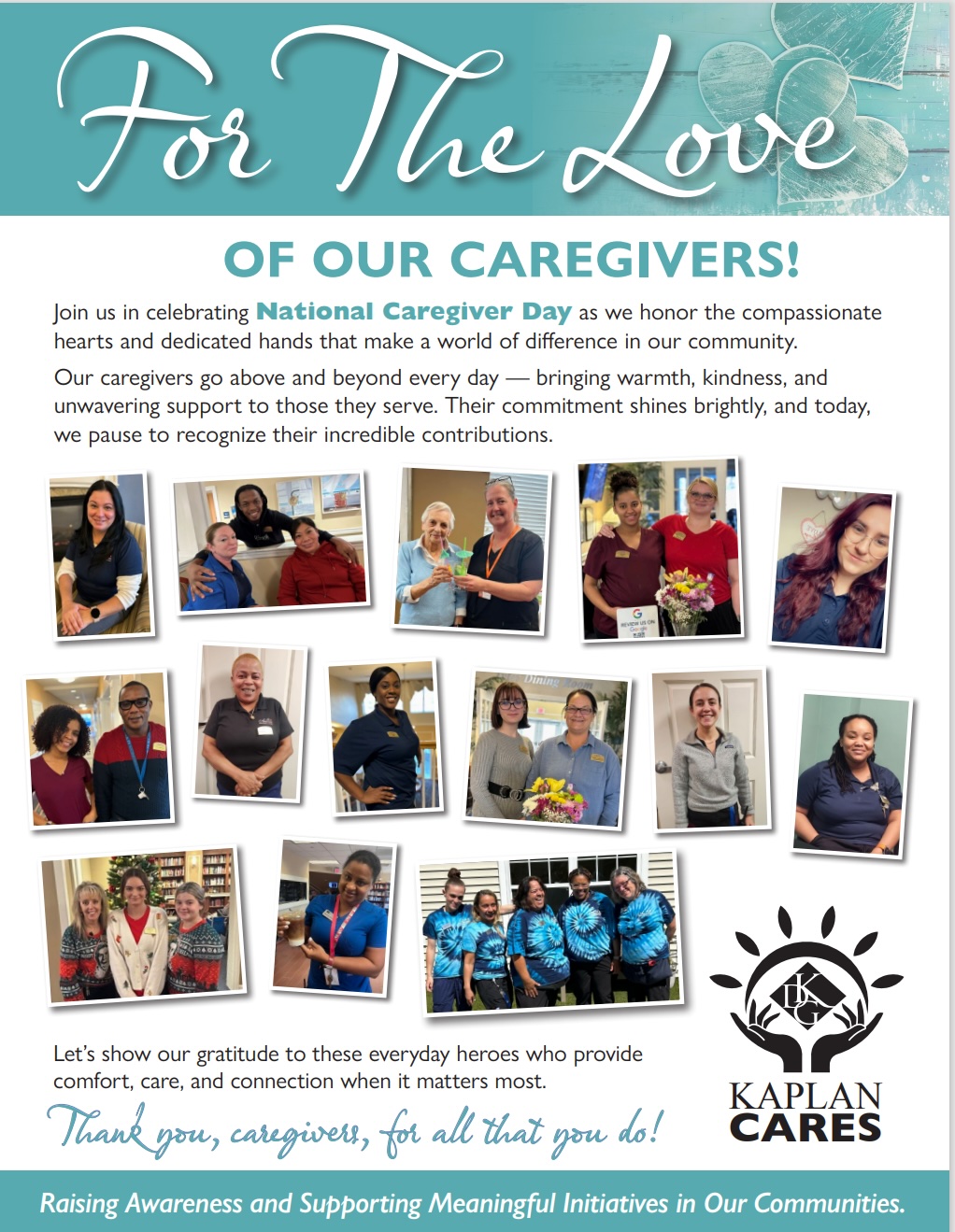While Assisted Living helps community members in critical areas of their lives to maintain happiness and independence, it does not automatically include dementia care.
People with dementia and other cognitive impairments face specific challenges that make everyday life more difficult. Many Assisted Living communities do not offer specialized support for people with Alzheimer’s or dementia, which can make decisions about your loved ones care more difficult.
It is essential to know the key differences between Assisted Living and Memory Care. High-quality, innovative, and dedicated communities have developed solutions to help your loved one experiencing dementia live their life to the fullest.
What is Dementia?
Dementia is a brain condition that disrupts a person’s memory, social skills, thinking ability, and motor functions. The most common form of dementia is called mixed dementia. In these cases, people develop dementia because of diseases such as Alzheimer’s disease, vascular disease, lewy bodies, and frontotemporal shrinkage.
Some symptoms of dementia include:
- Difficulty remembering dates & times
- Noticeable increases in paranoia
- Reduced ability to perform physical tasks
- Increased confusion or repetition
- Decreased spatial awareness
- Detailed visual hallucinations
Dementia can have a destructive effect on a person’s everyday life to the point where they can no longer perform daily activities without supervision. Dementia can become dangerous when a person experiences hallucinations and paranoia. They can distrust those around them, even those they know and love.
What is Assisted Living?
Assisted Living is an environment where residents can receive help with daily tasks such as:
- Medication & wellness
- Meal preparation & eating
- Laundry & getting dressed
- Bathing & using the restroom
- Transportation & mobility
As community members grow into new stages of life, they may need help in these areas. Every resident has their own specific needs, and they might need more help one day than the next. But they always have support ready when they need it.
Assisted Living allows residents to maintain their dignity and sense of freedom. It is important to note Assisted Living is different from independent living, where residents can complete tasks by themselves but can access help when they need it.
What is Memory Care?
Memory Care provides more support for residents living with Alzheimer’s disease, dementia, and other cognitive impairments. As residents find it more challenging to complete daily tasks and experience more severe dementia symptoms, their care needs will change.
Memory Care offers a person with Alzheimer’s or dementia more attentive support that exercises their mind and body to maintain a high quality of life. Specifically-trained staff help residents through daily activities to stimulate their brains and preserve long and short-term memory.
What is the Difference Between Assisted Living & Memory Care?
Assisted Living provides an environment where residents can access some help with daily tasks. While they can seem related, Memory Care is an entirely separate program. Memory Care provides residents with:
- Consistent daily routines
- Activities for social engagement
- Individual care plans
- Safe & secure environments
The main difference between Assisted Living and Memory Care is how much hands-on assistance a resident requires. In Assisted Living, a resident may need help with some cooking and cleaning, or perhaps they require assistance with transportation.
In Memory Care, residents receive additional help to set a daily routine to alleviate stress and provide a stable environment. Memory Care ensures residents have a secure environment to peacefully go about their daily routines. Trained staff care for residents at all hours of the day and night, making sure they are happy, safe, and fulfilled in their routines.
When Memory Care Becomes an Option
You may begin to notice signs of dementia when you spend time with your loved one. Dementia can not only be difficult for your loved one—you and your family may feel exhausted and discouraged as their condition progresses. When a person starts to suffer from dementia, it is often in their best interest to seek specialized care.
When you feel you aren’t equipped to handle your loved one’s condition by yourself, that’s when Memory Care becomes an option.
Where We Come In
All American Assisted Living at Londonderry offers Memory Care options for your loved one.
We are proud to provide compassionate care for your loved one. Our reputable community ensures they are safe and fulfilled every single day.
Learn more about how we can help or call us at (516)-496-1505.





